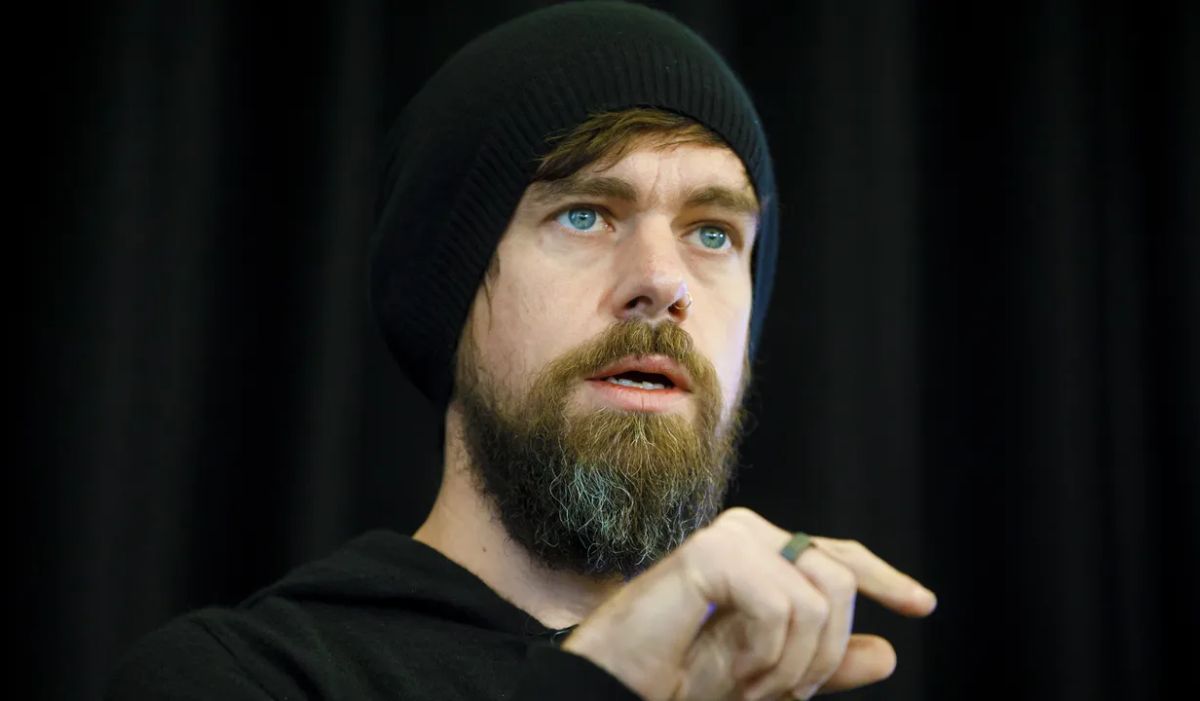Jack Dorsey Launches Bitchat: Encrypted Offline Messaging via Bluetooth Mesh

Jack Dorsey, co-founder and former CEO of Twitter, has launched a new decentralized messaging application named Bitchat.
The app is an experimental communication platform built to function entirely on Bluetooth mesh networks, eliminating reliance on internet connectivity, SIM cards, centralized servers, or traditional identification systems.
This launch reflects Dorsey’s ongoing commitment to championing privacy-first and decentralized communication models. It also complements his previous initiatives, like Damus and Bluesky, which aim to challenge the control of major tech companies over user data and speech.
Currently available in beta through TestFlight for iOS users, Bitchat allows encrypted, peer-to-peer interactions between nearby mobile devices using only Bluetooth. As users move around, their phones create temporary clusters to relay messages from one device to another. This process can span large areas when messages are passed along by “bridge devices” connecting these dynamic clusters.
“It’s a personal experiment in Bluetooth mesh networks, relays and store-and-forward models, message encryption models, and a few other things,” Dorsey said.
The system design allows Bitchat to remain operational in areas with no mobile or internet access—particularly useful during emergencies, government-imposed blackouts, or in regions with heavy surveillance.
Unlike traditional messaging apps, Bitchat does not use centralized databases to store messages. Instead, all messages are kept locally on individual devices and disappear by default, echoing the principles of ephemeral messaging.
Users are not required to register or provide personal data such as phone numbers, usernames, or email addresses—eliminating any potential metadata collection.
Currently, the app supports:
- Encrypted, one-on-one chats
- Optional group conversations within password-protected rooms that are searchable via hashtags
- A store-and-forward feature that ensures messages reach temporarily offline devices once connectivity is restored
Dorsey also revealed that future updates will integrate Wi-Fi Direct to further enhance offline communication speed and range.
The inspiration behind Bitchat stems in part from earlier peer-to-peer Bluetooth communication tools used during the 2019 Hong Kong protests, where demonstrators relied on mesh networks to bypass surveillance and censorship.
Bitchat embodies this philosophy, serving as a platform for resilient and censorship-resistant communication in unstable digital environments. The app’s white paper has been released on GitHub, where developers are invited to review and contribute to the evolving project.
With growing global concern over data privacy, digital authoritarianism, and centralized system vulnerabilities, Bitchat aims to offer a disruptive alternative—empowering users with control over their communications and digital footprint.





